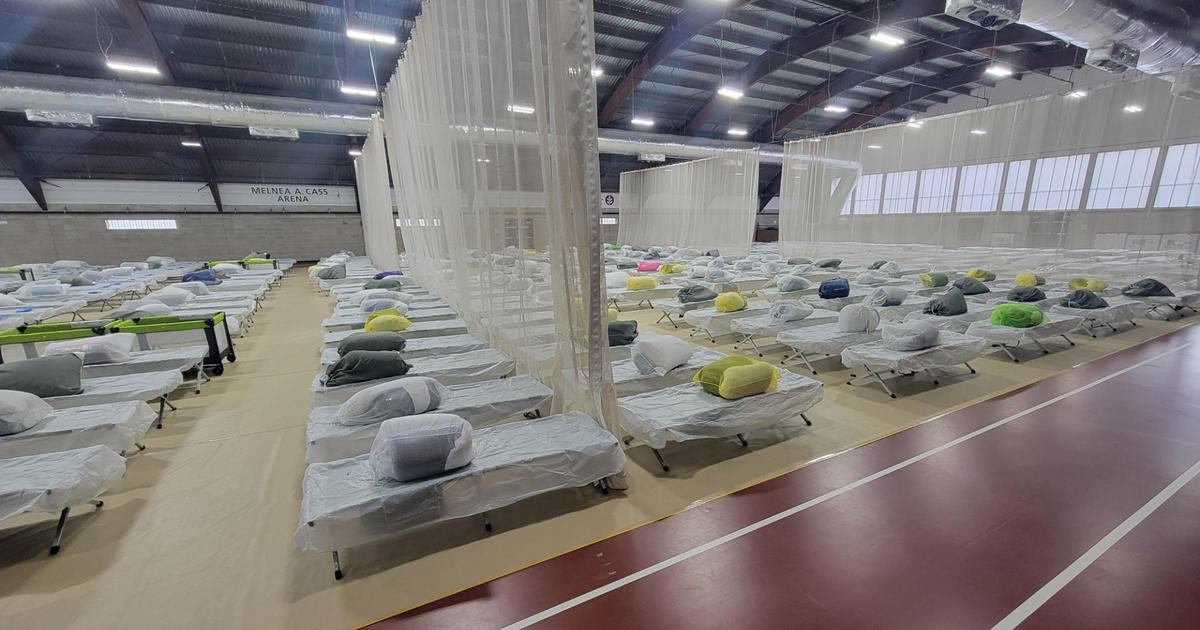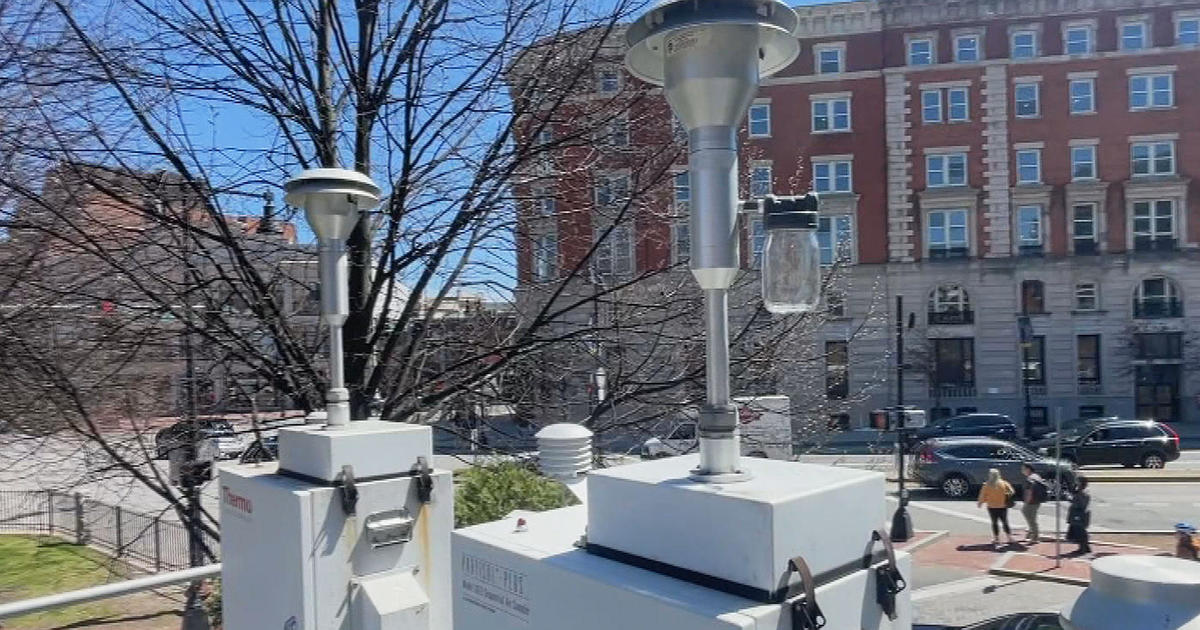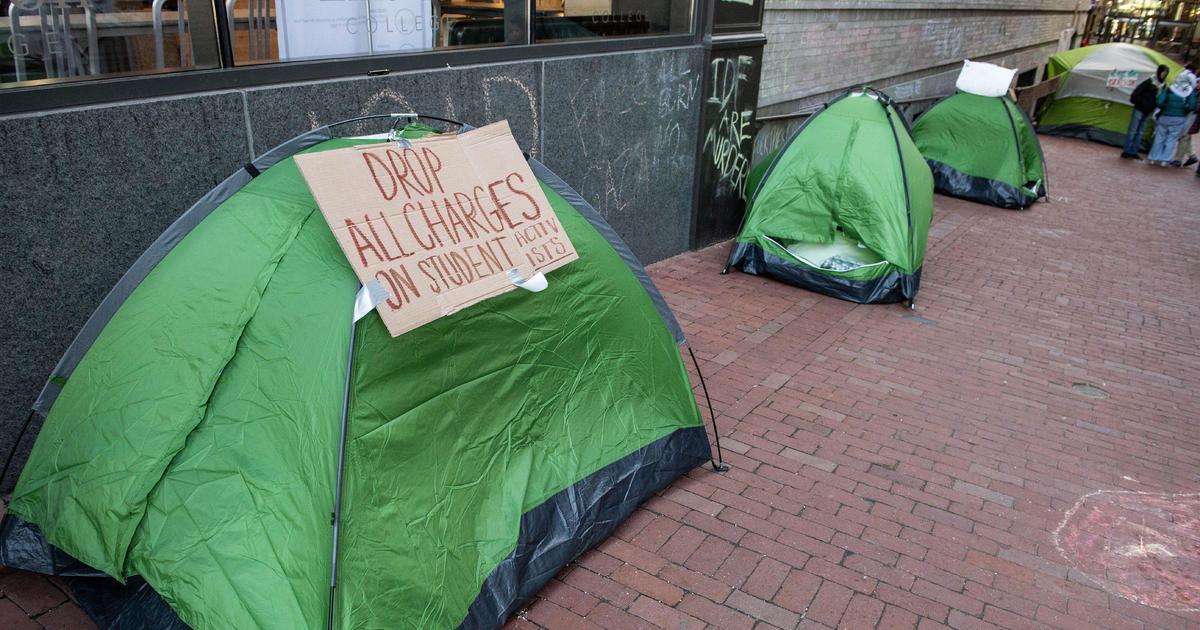Why Aren't Golf Courses Open In Massachusetts? Jon Keller Answers Your Questions
BOSTON (CBS) - Political analyst Jon Keller answered some of your coronavirus related questions sent to WBZ-TV's Facebook, Instagram and Twitter accounts.
Rich on Twitter asks: "Why can't we open golf courses at this point?"
Rich, you had plenty of company with this one. The golf season around here is short, the courses look great after all this rain and no traffic on them, and local golfers are itching to start hacking up the turf. (OK, maybe I'm projecting my game onto yours!)
With New Hampshire set to open its courses on Monday, that leaves Massachusetts and Maryland as the only two golfless states left. The official word from the Governor's office as of Wednesday afternoon was it's under advisement, but I've been working my sources and if I were you I'd get the clubs ready.
Gov. Baker may have held off this long because he had other very serious priorities. But one of the key reasons offered for keeping the courses closed, the risk of drawing infected players from neighboring states, is no longer valid.
Kate on Facebook wonders: "How do we ever go back to transportation the way it was before? Why would we ever return to a world of 9am-5pm commutes?"
Great question Kate. Before the outbreak, nearly 30% of college graduates already worked at least part-time from home. With almost two-thirds of us doing that now, any outdated assumptions employers may have had about the downside of remote work may well be discarded. Meanwhile, during the crisis there's been a large jump on major job-search website in the number of postings that offer the chance to work from home.
Sixty percent of jobs in America can't be done remotely, but the benefits for those that can be are obvious. Lower overhead costs for the employer who no longer has to operate office space; cost savings for workers on everything from gas and tolls to makeup and lunch money.
And oh yes, getting out from under that commute. It will be interesting to see how a major shift to working remotely will affect the transportation funding debate that has been roiling Beacon Hill. Will we even need the same highway, parking and public transit capacity after this is over that we did before?
And finally from Facebook, Phil wants to know: "How will COVID-19 change partisan politics in Washington, or will it be more of the same?"
It all depends on the next six months Phil. In recent weeks Democrats and Republicans have been forced to compromise on major spending bills to a degree unprecedented in the modern era of polarization. Presumptive Democratic nominee Joe Biden has explicitly promised to try to restore bipartisanship if elected, and a victory by him in November might well be seen as a public endorsement of that sentiment.
But keep your expectations in check. The bitter partisanship we live with now was decades in the making and reflects not just Washington attitudes but those of a deeply divided electorate. And its causes are complex. For instance, there are media outlets that make a whole lot of money exploiting partisan polarization. I see more than a few politicians these days doing the same.



